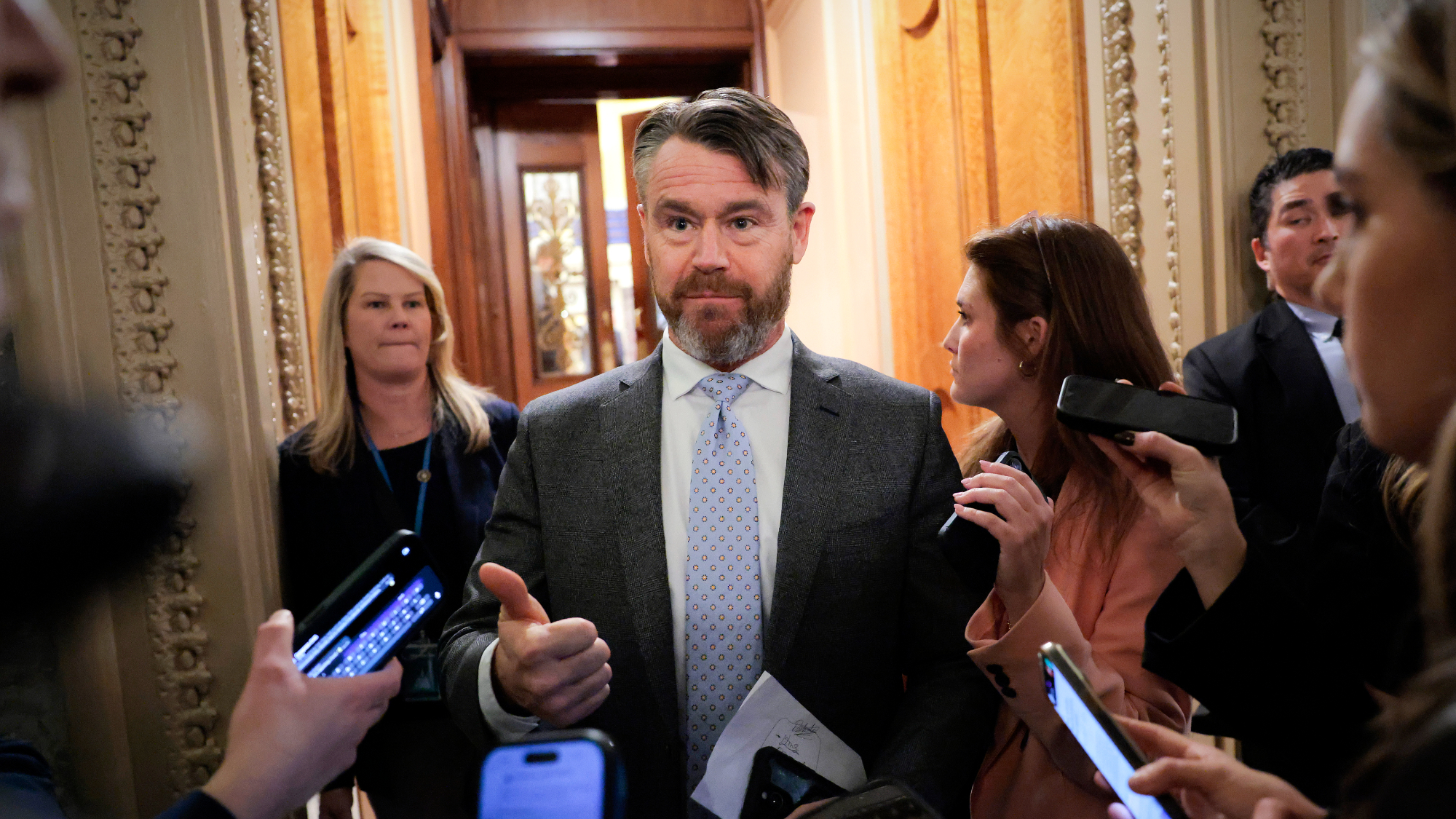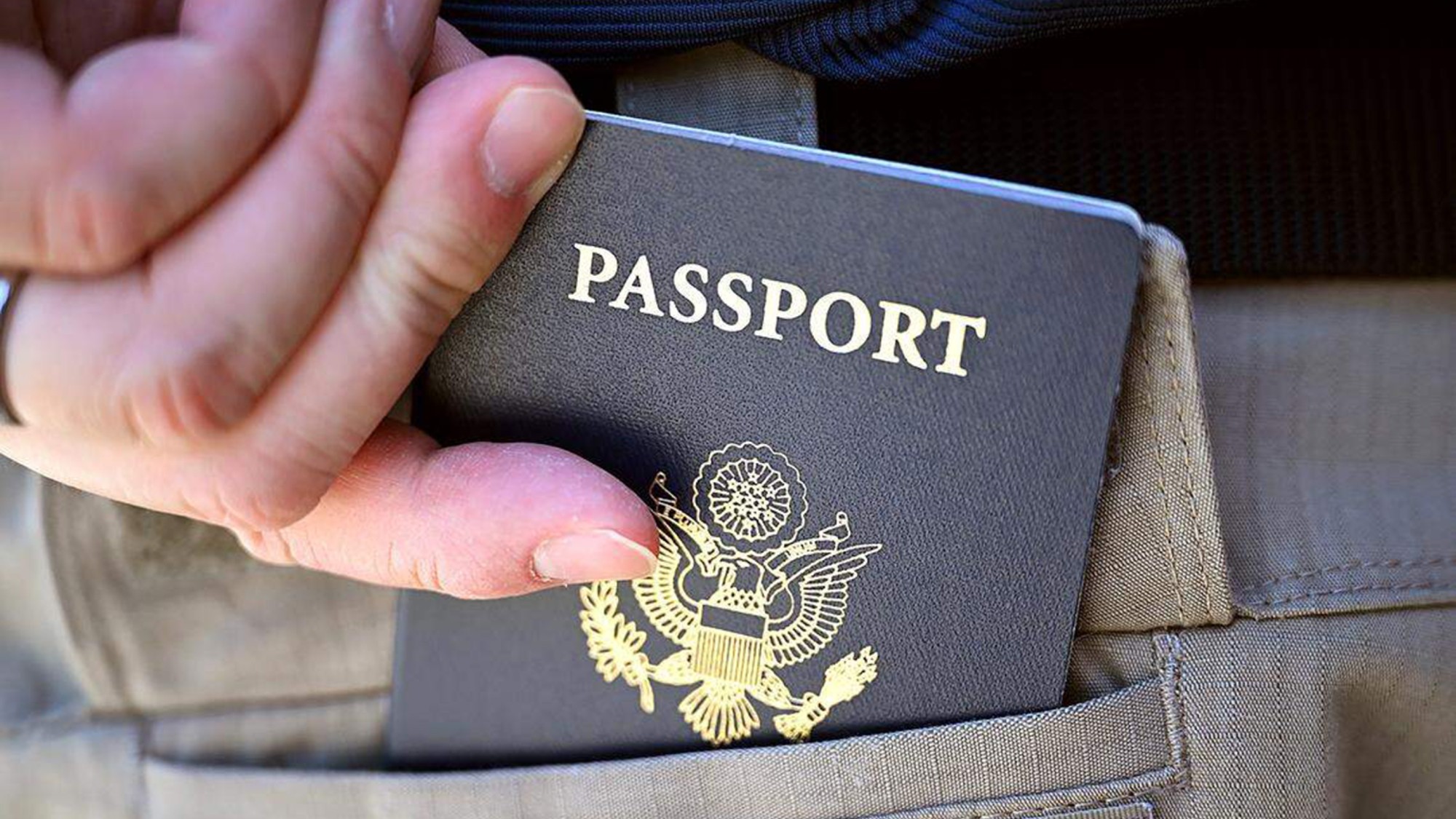How Assad's dictatorial regime rose and fell in Syria
The Syrian leader fled the country after a 24-year authoritarian rule


A free daily email with the biggest news stories of the day – and the best features from TheWeek.com
You are now subscribed
Your newsletter sign-up was successful
After Syrian opposition forces captured the capital city of Damascus on Dec. 8 and forced the country's president, Bashar al-Assad, to flee, Syrians in the country and around the world are celebrating the end of an oppressive father-son regime. This marks the first time in over half a century that a member of the Assad family will not rule Syria.
Assad served as president since 2000 after taking over from his father, who ruled Syria for nearly three decades. Under the rule of the Assad family, Syria was widely characterized as an authoritarian dictatorship. While Syrian rebels have been engaged in a civil war since 2011 in attempting to topple Assad, they were not able to gain full control of Damascus and the key strategic city of Aleppo — until a series of major offensives finally saw the Assad government crumble.
How did Assad gain power?
Assad's father, Hafez al-Assad, entered government following a coup in 1966 and worked his way up to become president. But Bashar was never seen as his father's original successor: He "was not destined for power," but rather "destined to become an ophthalmologist," said Le Monde. Succession to the Syrian presidency had been "reserved for the eldest sibling," Bassel, who was the "opposite of Bashar: a loudmouth, famous for his horse-riding skills and his success with women."
The Week
Escape your echo chamber. Get the facts behind the news, plus analysis from multiple perspectives.

Sign up for The Week's Free Newsletters
From our morning news briefing to a weekly Good News Newsletter, get the best of The Week delivered directly to your inbox.
From our morning news briefing to a weekly Good News Newsletter, get the best of The Week delivered directly to your inbox.
But then Bassel died in a car accident in 1994, meaning Bashar was the one who came to power upon his father's death in 2000. His father was characterized by dictatorial rule, but some felt Bashar would rule differently. His father was an "autocrat with an icy, stiff style," whereas Bashar "cultivated the image of a benevolent despot, attentive to the needs of his fellow citizens," said Le Monde. Syrians "began to believe" as "hundreds of political prisoners were released and discussion forums sprang up all over the country."
But Bashar's good image "had evaporated" by 2011, when soldiers "fired on demonstrators as part of an official policy while heavily armed pro-regime militias known as shabiha emerged to operate as death squads," said The Guardian. Bashar had "personal involvement in signing off on daily orders for the continuing violence even as a sense of unreality pervaded." His reign was also marked by alleged human rights violations in the notorious Saydnaya Prison, known as a "human slaughterhouse."
How did the Syrian rebels finally topple Assad?
Bashar al-Assad continued his violent stranglehold over the country throughout the civil war; it is estimated that 36,000 Syrian civilians died in the first 10 years of the conflict. Though violence had stemmed since a 2020 ceasefire, Assad's rule officially ended this week when an "armed rebel alliance charged across Syria over 11 days, sweeping through major cities," CNN said. This coalition, led by the militant Hayat Tahrir al-Sham, was able to seize Aleppo, a "move that met little resistance from the Syrian army."
After this, the rebels "entered and seized Damascus, seemingly with little fightback from Assad's government forces," said NBC News. Those fighting Assad "appear to have capitalized on Syria's backers being distracted elsewhere: Russia in Ukraine, and Iran and its Lebanese proxy Hezbollah fighting Israel." Russia, which has long been Syria's key military backer, was reportedly surprised by the pace at which Aleppo and Damascus fell. Assad has now fled his country to exile in Russia, but "this is far from a quick, simple fix," as the rebels who toppled him are "led by a group that the United States and others regard as a terrorist organization." The new coalition is now trying to pick up the pieces of Assad's fallen government.
A free daily email with the biggest news stories of the day – and the best features from TheWeek.com
Justin Klawans has worked as a staff writer at The Week since 2022. He began his career covering local news before joining Newsweek as a breaking news reporter, where he wrote about politics, national and global affairs, business, crime, sports, film, television and other news. Justin has also freelanced for outlets including Collider and United Press International.
-
 How the FCC’s ‘equal time’ rule works
How the FCC’s ‘equal time’ rule worksIn the Spotlight The law is at the heart of the Colbert-CBS conflict
-
 What is the endgame in the DHS shutdown?
What is the endgame in the DHS shutdown?Today’s Big Question Democrats want to rein in ICE’s immigration crackdown
-
 ‘Poor time management isn’t just an inconvenience’
‘Poor time management isn’t just an inconvenience’Instant Opinion Opinion, comment and editorials of the day
-
 How ‘Manchesterism’ could change the UK
How ‘Manchesterism’ could change the UKThe Explainer The idea involves shifting a centralized government to more local powers
-
 ‘Human trafficking isn’t something that happens “somewhere else”’
‘Human trafficking isn’t something that happens “somewhere else”’Instant Opinion Opinion, comment and editorials of the day
-
 ‘Dark woke’: what it means and how it might help Democrats
‘Dark woke’: what it means and how it might help DemocratsThe Explainer Some Democrats are embracing crasser rhetoric, respectability be damned
-
 San Francisco tackles affordability problems with free child care
San Francisco tackles affordability problems with free child careThe Explainer The free child care will be offered to thousands of families in the city
-
 Trump, Senate GOP block Venezuela war powers vote
Trump, Senate GOP block Venezuela war powers voteSpeed Read Two Republicans senators flipped their vote back amid GOP pressure
-
 The Mint’s 250th anniversary coins face a whitewashing controversy
The Mint’s 250th anniversary coins face a whitewashing controversyThe Explainer The designs omitted several notable moments for civil rights and women’s rights
-
 US citizens are carrying passports amid ICE fears
US citizens are carrying passports amid ICE fearsThe Explainer ‘You do what you have to do to avoid problems,’ one person told The Guardian
-
 Inside Minnesota’s extensive fraud schemes
Inside Minnesota’s extensive fraud schemesThe Explainer The fraud allegedly goes back to the Covid-19 pandemic
